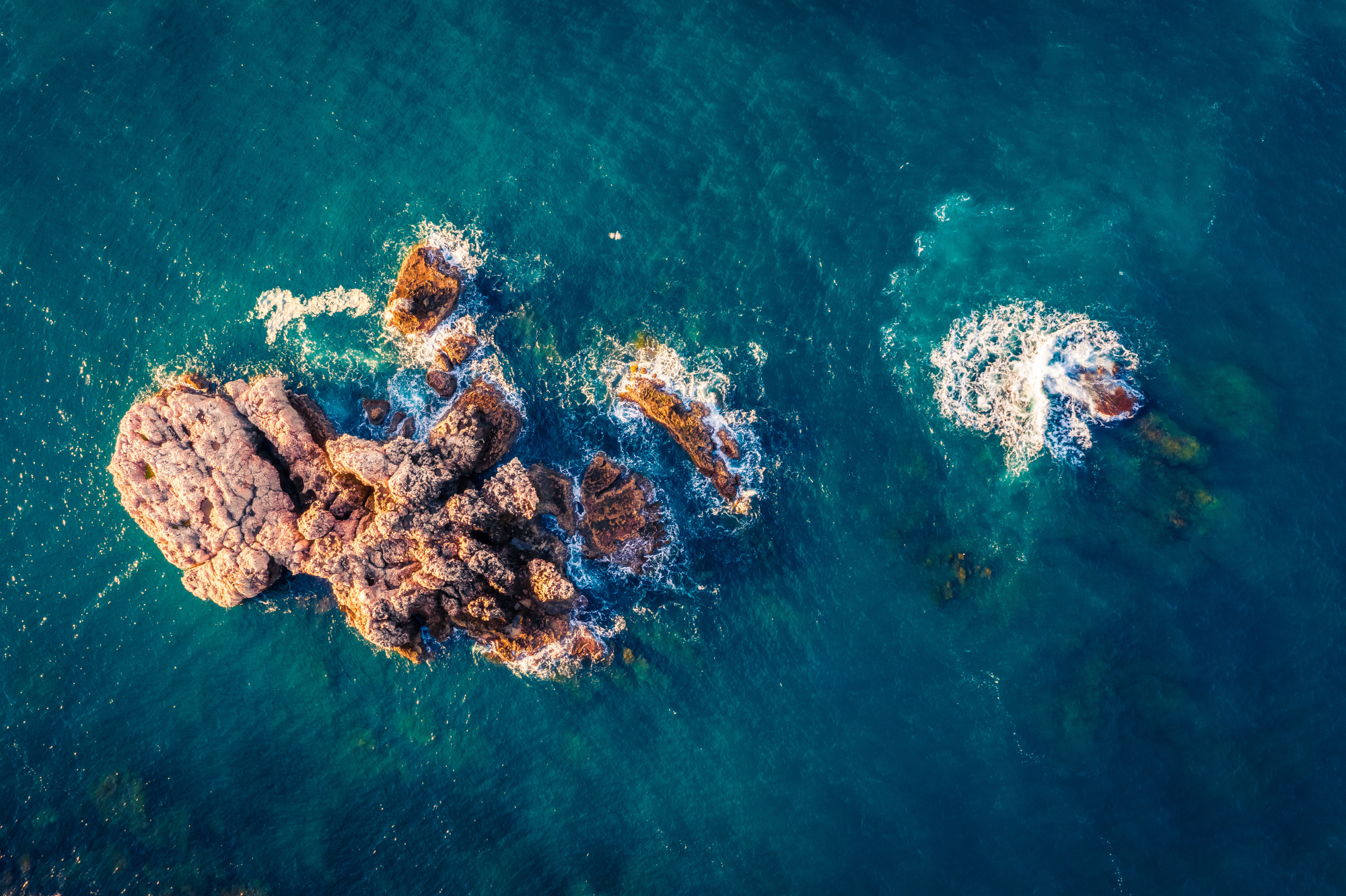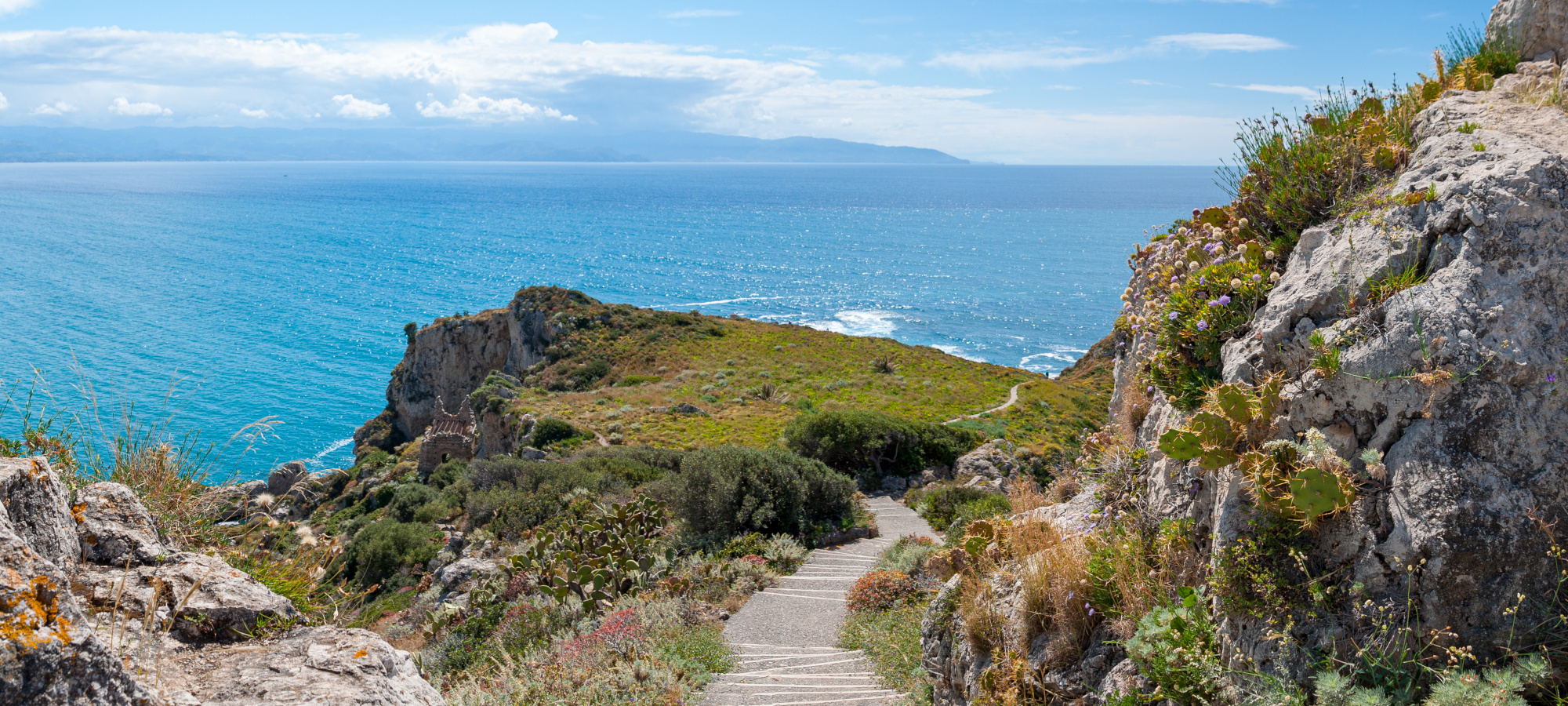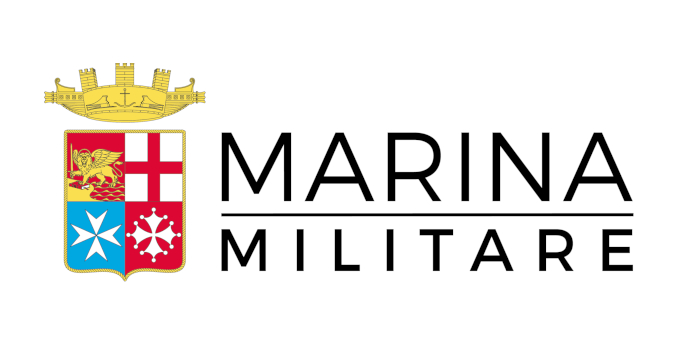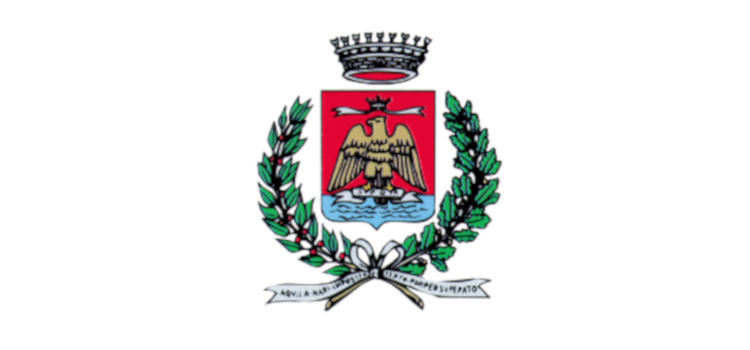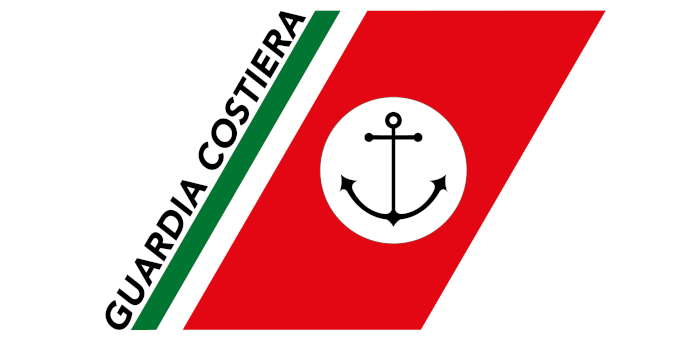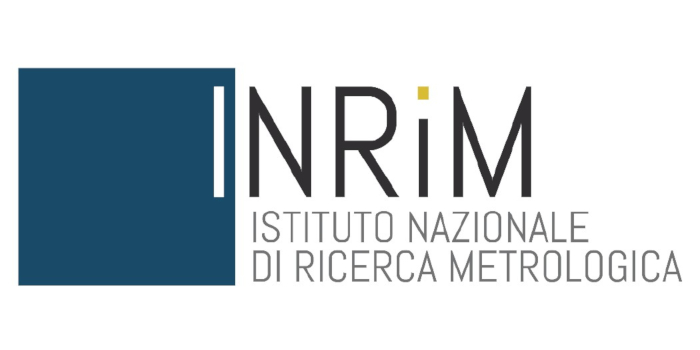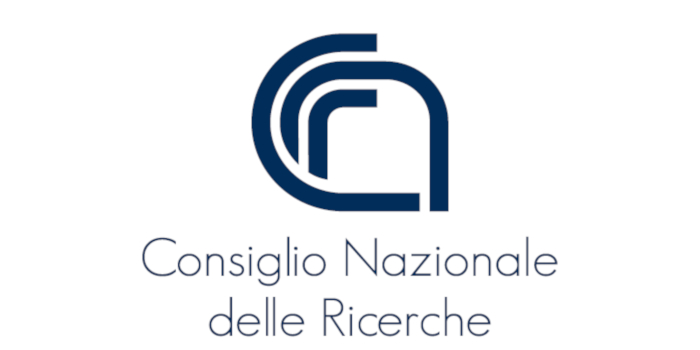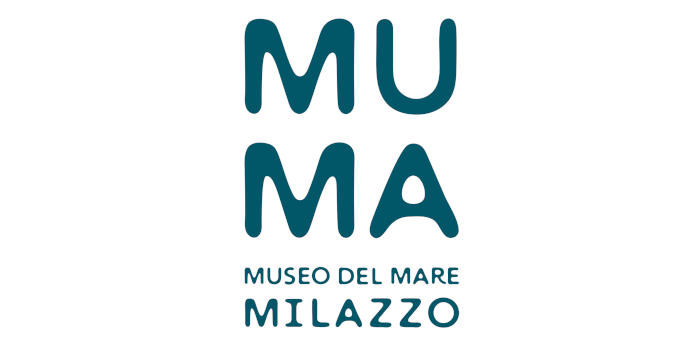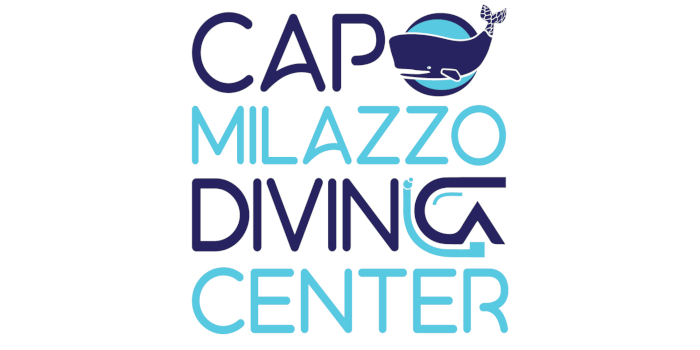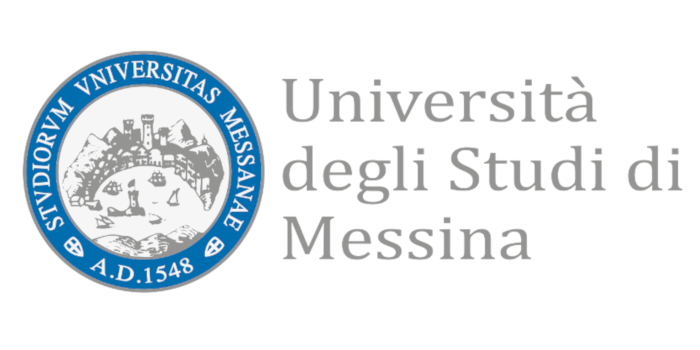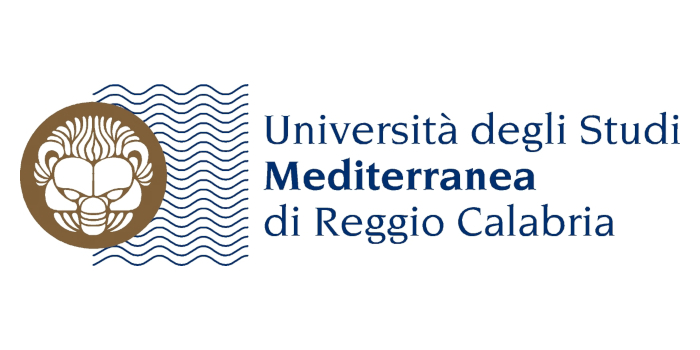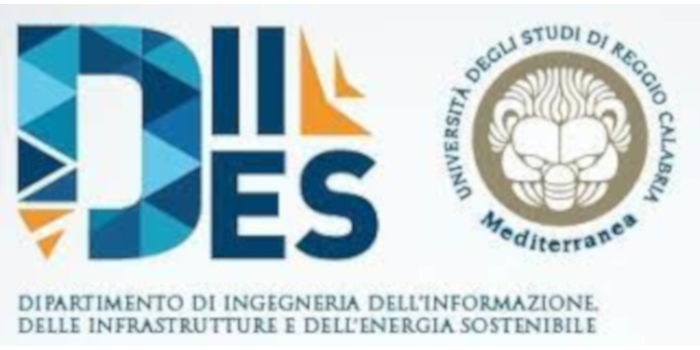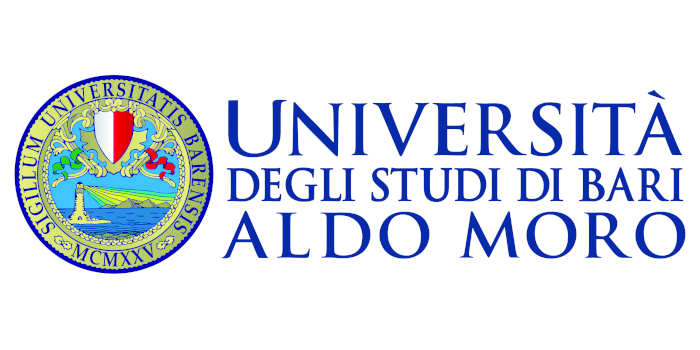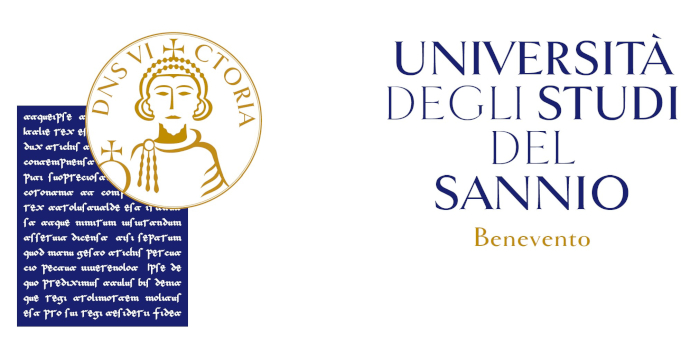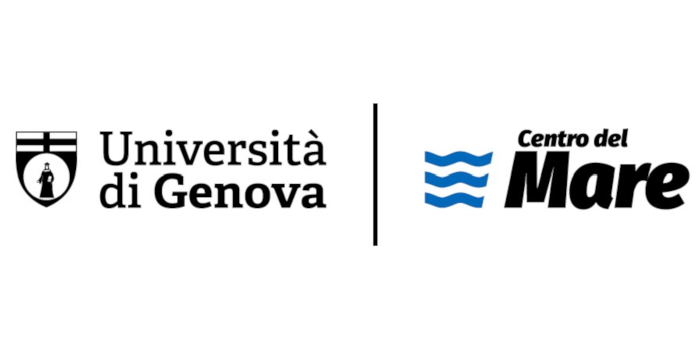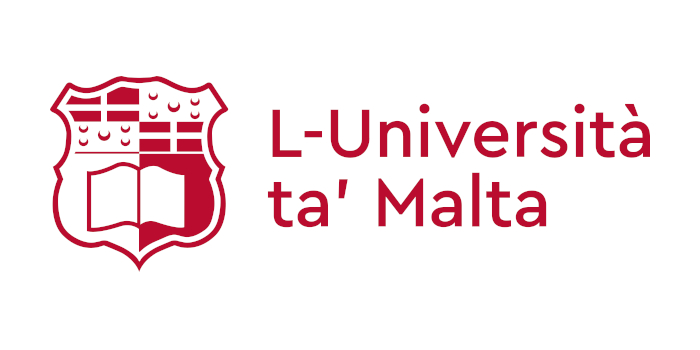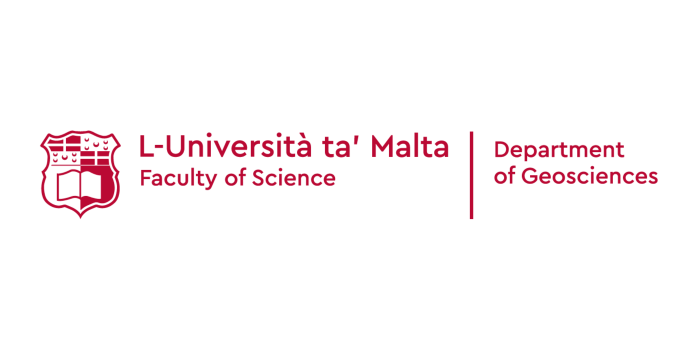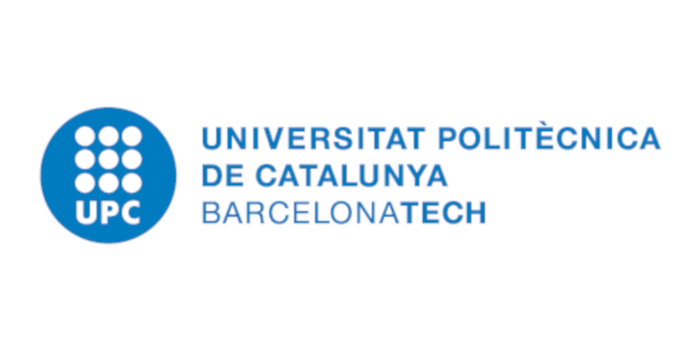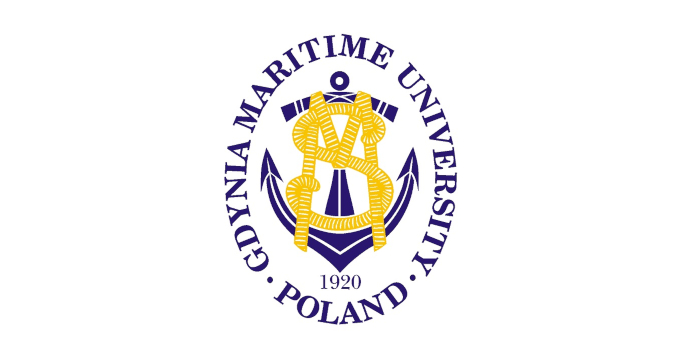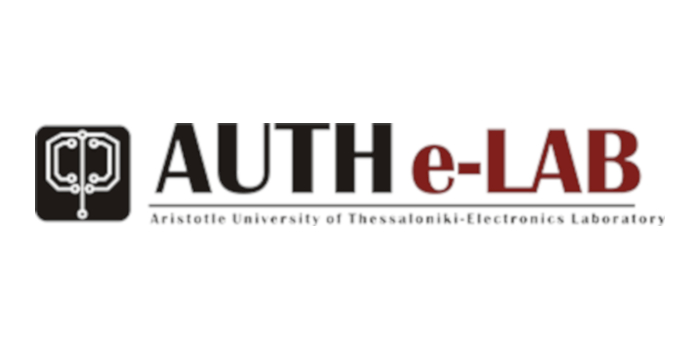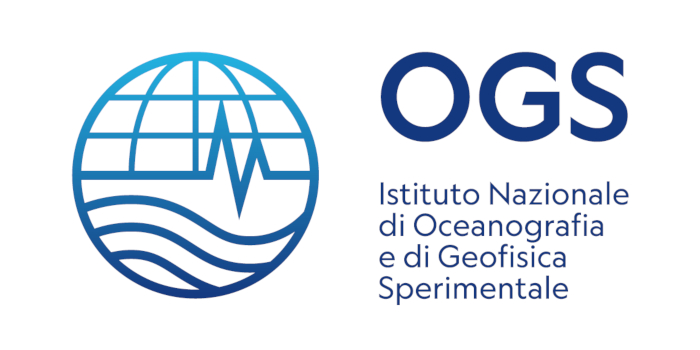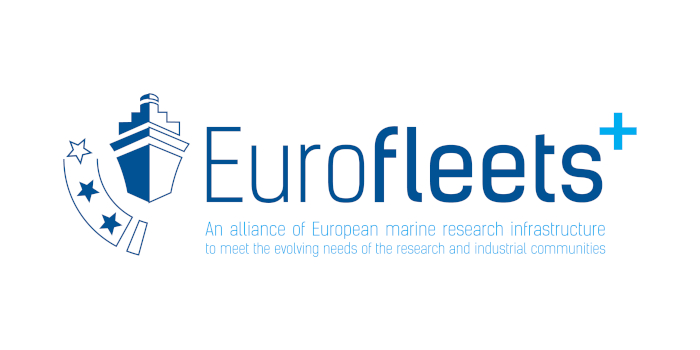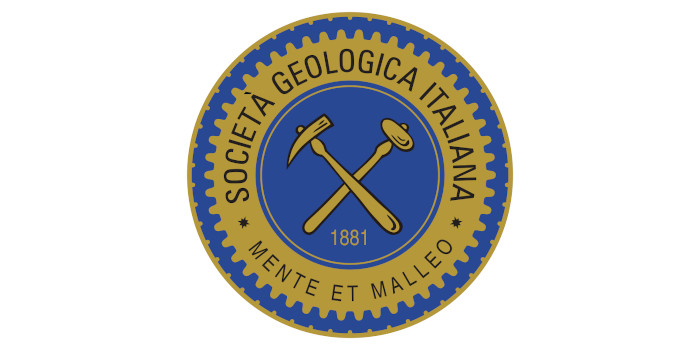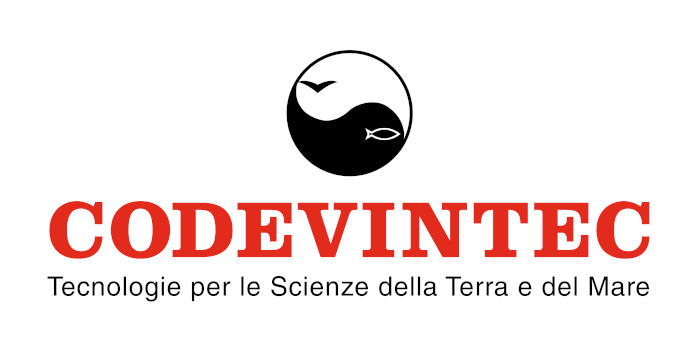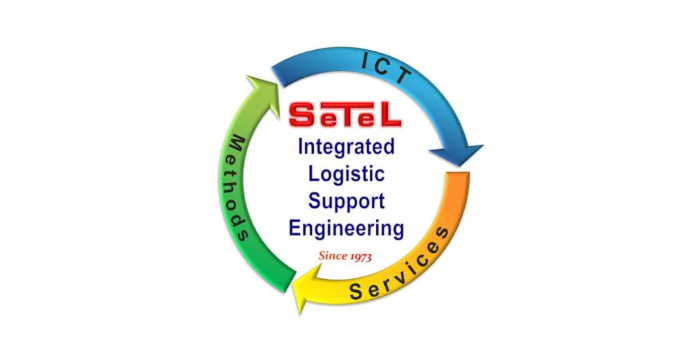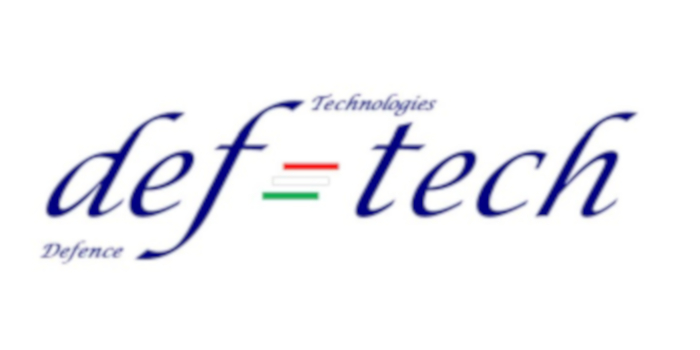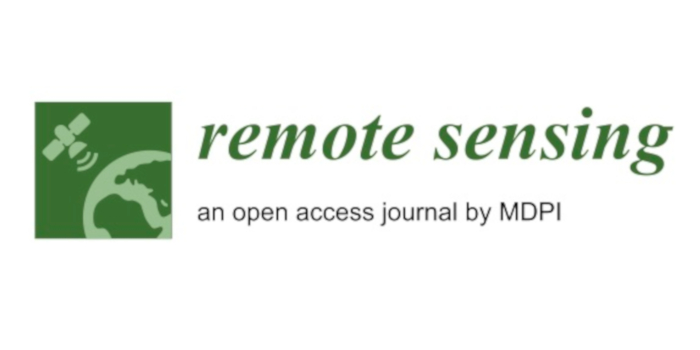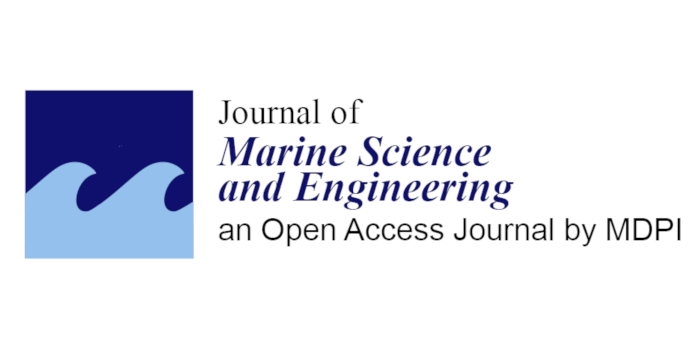Emerging contaminants to marine environment: sources, types and measurement of effects
ORGANIZED BY

Antonella Petrocelli
Water Research Institute - National Research Council (IRSA-CNR), Taranto, Italy
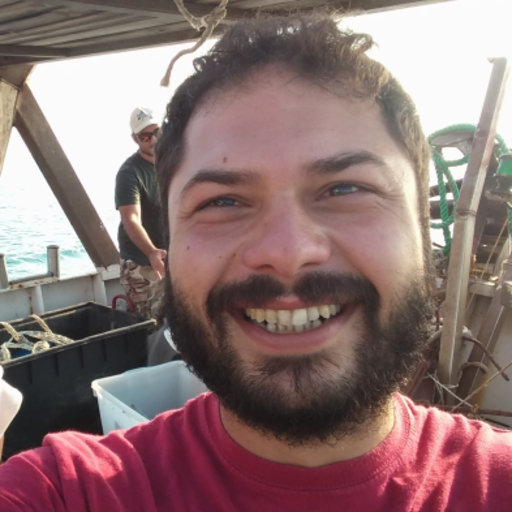
Pasquale Ricci
Department of Biology, University of Bari "Aldo Moro", Bari, Italy

Ermelinda Prato
Water Research Institute - National Research Council (IRSA-CNR), Taranto, Italy

Francesca Biandolino
Water Research Institute -National Research Council (IRSA-CNR), Taranto, Italy
ABSTRACT
In recent decades, the socio-economic development and the consequent manufacturing activities have led to the use of a huge amount of chemicals in agriculture, in industrial activities, in health care services and in household activities. As a result, detectable levels of emerging contaminants in the marine environment (e.g. pesticides and their metabolites, pharmaceuticals, personal and house care products, plastics, food additives, industrial products and wastes, as well as nanomaterials) have become a problem with unpredictable consequences for this ecosystem. In addition to plastics, the impact of which is striking nowadays both on the sea surface, on the sea bottom and along the coastline, many of these contaminants are not visible, still unregulated and have been referred to as contaminants of emerging concern (CECs). In this regard, the ecotoxicological studies, internationally recognized as a valid tool in the prevention and protection of natural resources, towards the sustainability of ecosystems and human well-being, have proven effective in assessing the fate and impact of these substances.
TOPICS
This special session aims to collect contributions to allow broadening knowledge on this topic, enabling measurement, better control and regulation of the release of these emerging pollutants into the marine environment. In particular, potential topics include but are not limited to the following:
- Plastic in the marine environment;
- CEC ecotoxicity assessed at different levels of biological organization;
- CEC ecotoxicity after long-term exposure with special attention to multigenerational effects;
- Advances in characterization and understanding of the environmental behavior of CECs;
- Individuation of input sources of CECs;
- Biomonitoring of CECs, ecological risks and bioremediation;
- Development of new methodologies for the remediation of CECs;
- Regulation and policies for CECs;
- New analytical methods to assess environmental samples, allowing the detection and quantification of CECs.
ABOUT THE ORGANIZERS
Antonella Petrocelli is a biologist, engaged as a Researcher at the Water Research Institute of National Research Council in Italy. Her research interests cover the conservation of the marine environment, with a particular focus on transitional waters, and the sustainability of marine production. She is engaged in research activities about the use of marine biomasses in circular economy, the reduction of plastic impact in mariculture, the use of seaweeds as bioremediators from nutrient abatement to CO2 fixation, as well as all the phycology aspects from taxonomy to biomolecules, with a particular focus on non-indigenous species.
Pasquale Ricci is a research fellow in Ecology at the Department of Biology (University of Bari). He holds a Ph.D in Environmental Science and his main research interests are the ecological modelling applied to the food web dynamics and fishing impacts, as well as the assessment of cetacean-fishery interactions in the Northern Ionian Sea. He collaborates for the data collection and analysis aimed at the fishery stock assessment in the Ionian and Adriatic Sea, as well as well as marine and coastal environmental monitoring. He has (co)-authored more than 35 scientific publications in congress proceedings, national and international ISI journals and he is a reviewer for international ISI journals.
Ermelinda Prato is researcher at the Water Research Institute of National Research Council (Italy), with experience in marine (eco)toxicology, toxicant effects on populations, factors modifying toxicity, water chemistry, bioaccumulation of organic and inorganic compounds in bioindicators species. Development of ecotoxicological indicators and indices to elaborate heterogeneous data, application of integrated, ecological risk assessment models. Toxicity Evaluation of heavy metals POPs and emerging pollutants on marine organisms, management, monitoring of coastal areas, and the potential transfer of pollutants and risk to human health. Aquaculture and biochemical quality of marine organisms.
Francesca Biandolino, since 2000, the main research topic has been Marine Ecotoxicology by using marine organisms as bioindicators of environmental and chemical stress. Recently she investigated the acute, sub-chronic and chronic effect of emerging contaminants (nanoparticles, microplastic, pesticides, pharmaceuticals) on lethal and reproductive traits of marine organisms. In addition, the biochemical responses are also evaluated, including the alteration of fatty acids and aminoacids composition.These studies are important for the potential transfer of xenobiotics with risk for human health, monitoring and management of coastal areas, activities of dredging, effect on marine biota of increasing water temperature because of global climate change, and sustainable aquaculture.
She participated to different working groups, contributing to development of weighted criteria to elaborate heterogeneous data.
